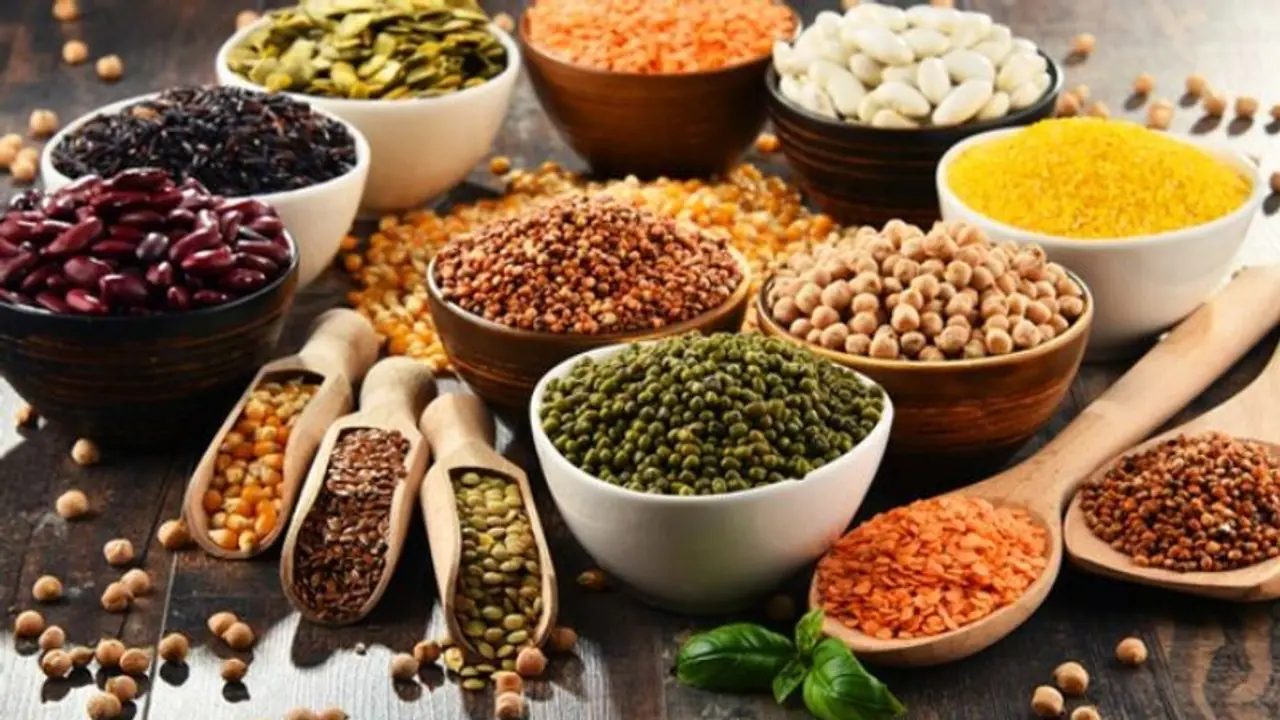Here are ten pulses to avoid during the monsoon season, along with reasons why.
A variety of meals include pulses, which are edible seeds from leguminous plants used for nourishment. Pulses, ranging from lentils to dried beans to peas, can be found in a range of meals including curries, salads, and soups. They are low in fat and high in fiber, which makes them good for our health. You can eat them at any time and in any season, however some pulses should be avoided during the monsoon. When it rains, the humidity affects our digestive system, causing gas, bloating, and acidity if we do not eat properly during the rainy season.

Moong Dal (Green Gram)
Prone to spoilage and can ferment quickly in humid conditions, leading to digestive issues.
Chana Dal (Bengal Gram)
Susceptible to mold growth when exposed to moisture, which can affect both quality and taste.
Urad Dal (Black Gram)
Attracts moisture and bacteria, making it a poor choice during the rainy season due to spoilage risks.
Toor Dal (Pigeon Pea)
High humidity can lead to fungal growth, affecting its nutritional quality and edibility.
Masoor Dal (Red Lentils)
Can absorb moisture and become soggy, leading to spoilage and loss of flavor.
Rajma (Kidney Beans)
Likely to develop mold if stored improperly during the monsoon, making them unsafe to consume.
Black-eyed Peas
More susceptible to spoilage in high humidity, leading to potential health issues.
Pigeon Peas
Attract pests in damp conditions, which can ruin the quality of the pulses.
Lentils (Various Types)
Can lose nutritional value and flavor when exposed to moisture, leading to unpalatable dishes.
Split Peas
Prone to spoilage in high humidity, which can lead to fermentation and an unpleasant taste.
